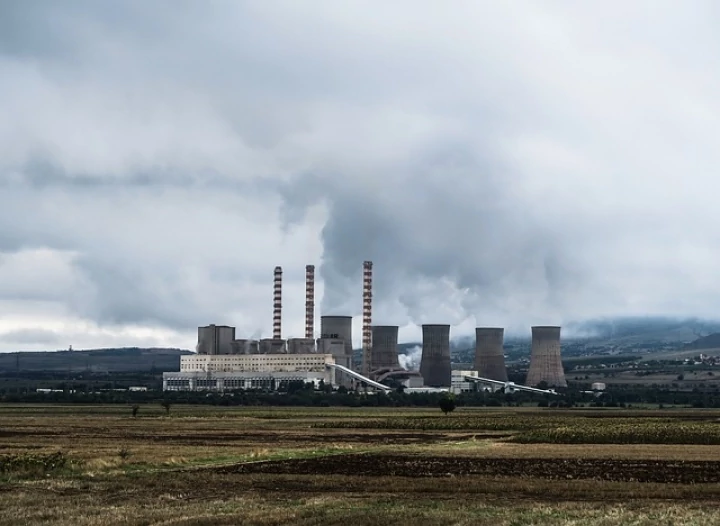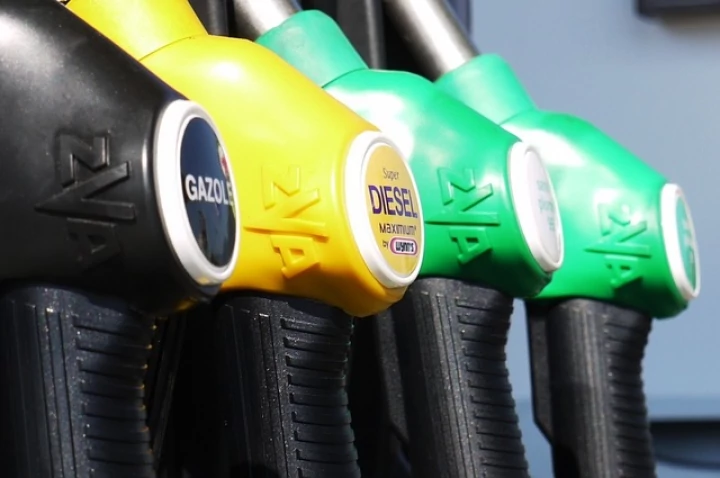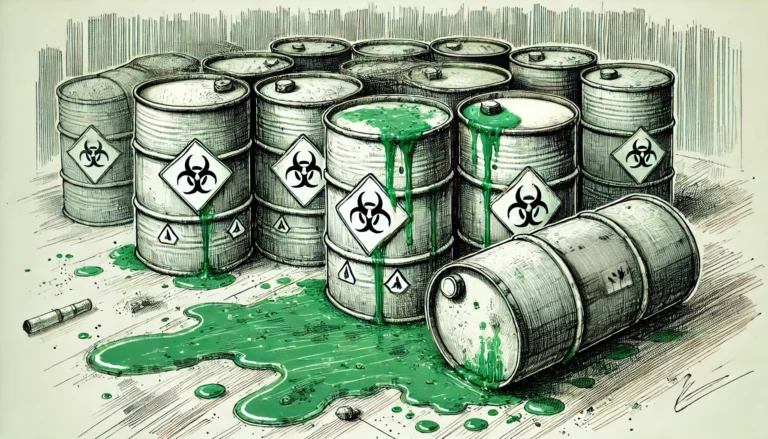Renewable subsidies for non-renewable fuels

European governments continue to subsidise the extraction and exploitation of coal, oil and gas to the tune of more than €112 billion a year, despite their pledges to completely phase out support for fossil fuels by 2020. Today, a report has been released showing how much European countries and institutions have to do to fulfil their commitments.
The authors of the report - Climate Action Network, Overseas Development Institute and Green Budget Germany - analysing the period 2014-2016 counted as many as 999 examples of financial support provided by eleven European countries and the European Union itself in the form of tax breaks and public funding - both directly and indirectly, through investment by state-owned enterprises. The largest share of the identified subsidies feeds into the transport sector (44%) and industry (13%).
The eleven countries included in the analysis, namely the Czech Republic, France, Germany, Greece, Hungary, Italy, the Netherlands, Poland, Sweden and the UK, accounted for 83% of Europe's total energy-related greenhouse gas emissions (2013).
If European countries continue to subsidise fossil fuels, they will fail to meet their declared 2020 targets for greenhouse gas reduction. Let us remember that what is at stake here is not only saving face and keeping commitments, but above all Europe's real contribution to reducing global warming," points out Jan Ruszkowski of the Polish Green Network.
According to the report, achieving the goals of the Paris Agreement requires that three quarters of recognised fossil fuel reserves remain underground. Unfortunately, there is still public funding not only for their extraction and use, but also for the exploration of new deposits. This applies not only to support from governments, but also from institutions such as the European Investment Bank and the European Bank for Reconstruction and Development, which provided a total of EUR 2.4 billion for gas infrastructure projects in the period under review alone. Poland, Italy or Germany provide the largest share of funding from international financial institutions for coal mining.
National governments and EU financial institutions are wasting public money on coal, oil or gas. It is high time that public funds are directed towards measures related to a just transition and a move away from fossil fuels, emphasises Krzysztof Jędrzejewski, political spokesperson for the Climate Coalition.
In the report's recommendations, the authors urge EU institutions and member state governments to:
- were leaders in the G7 and G20, by delivering on their pledges to phase out support for fossil fuels by 2020,
- increase the transparency of public funding through regular, consistent and publicly available reporting of their support for fossil fuels,
- have created mechanisms to support the energy transition, preventing the creation of new forms of support for coal, oil and gas,
- redirect the subsidies that currently exist to support the efforts of local communities and professional groups in becoming independent of fossil fuels.
Executive summary of the report (English): http://bit.do/dMQX3
Full text of the report (English): http://bit.do/dMQXr
Source: www.zielonasiec.pl






